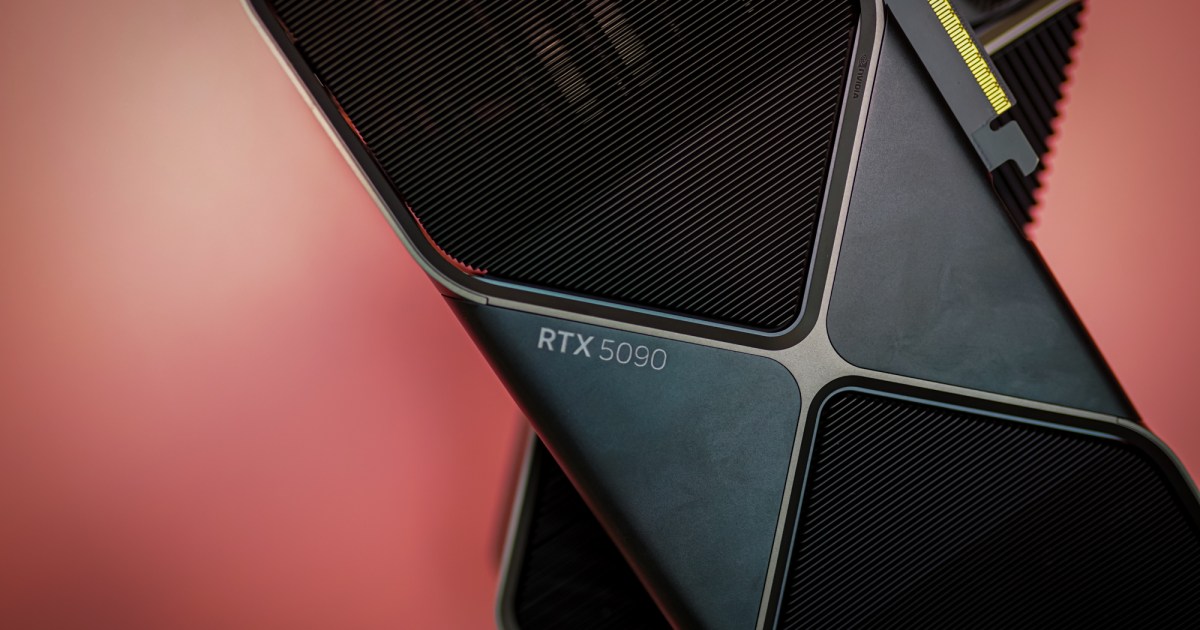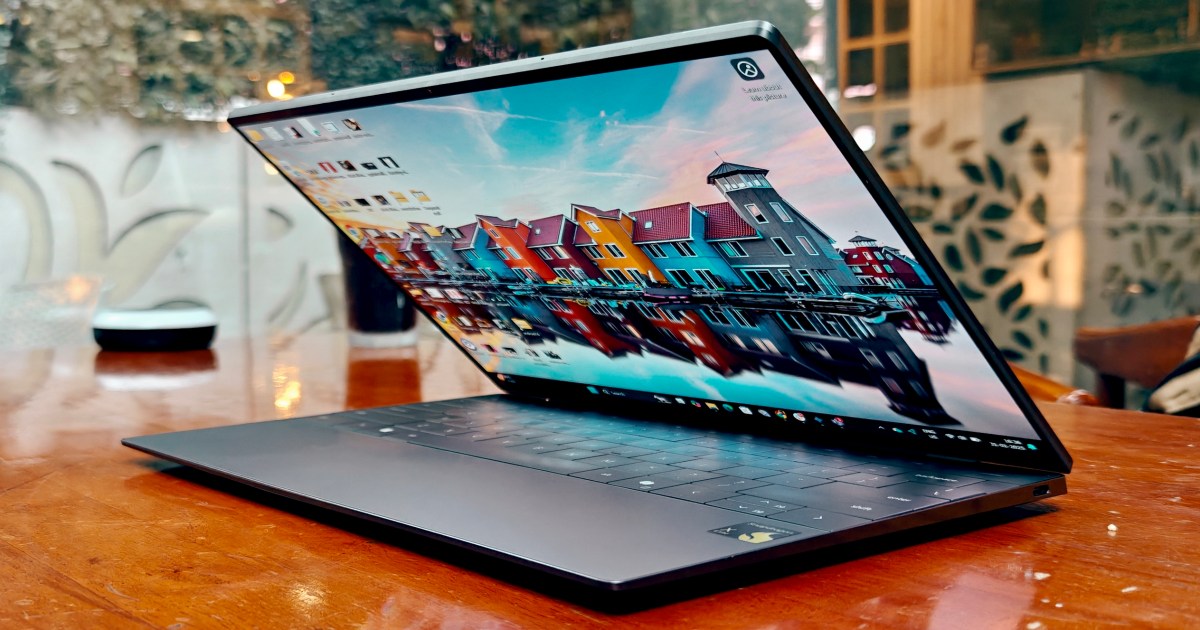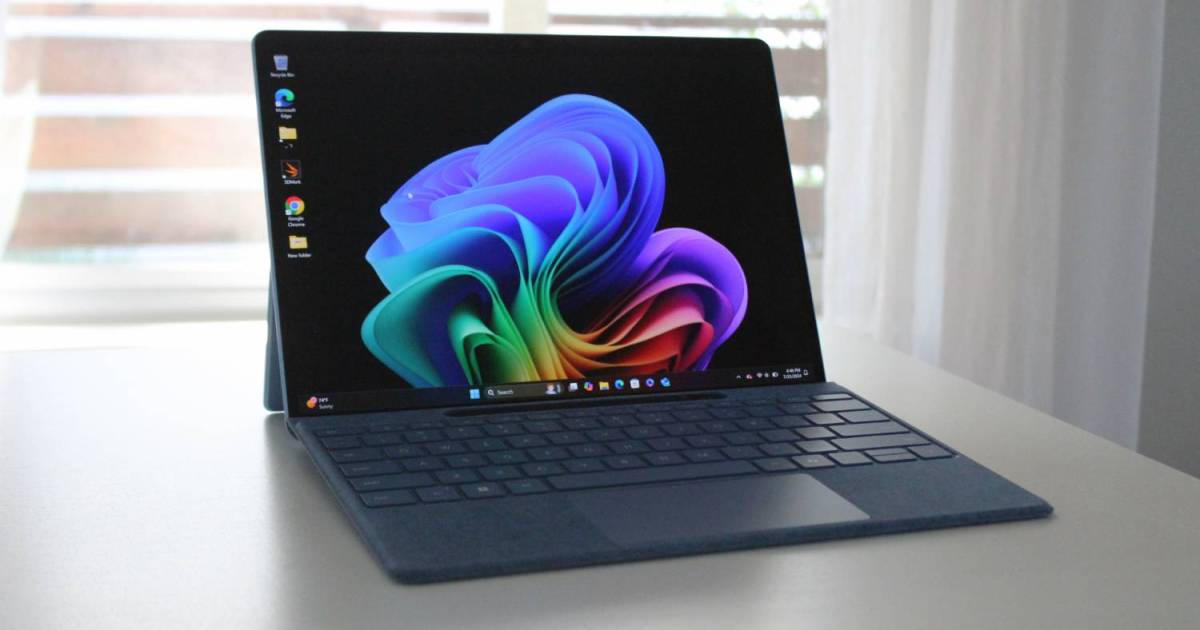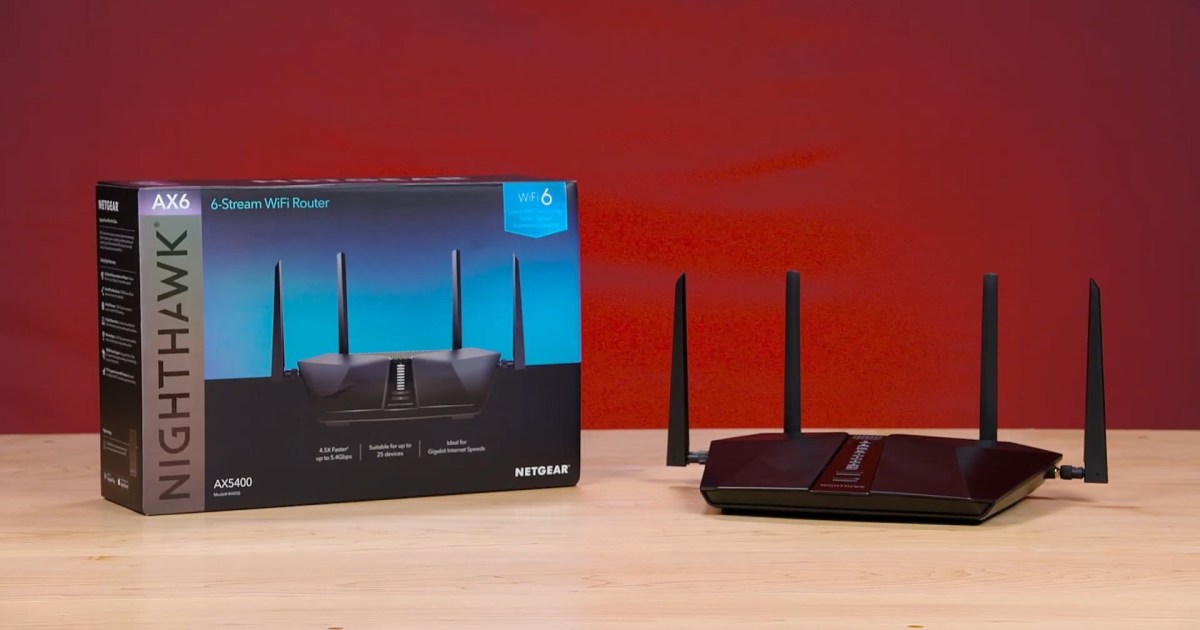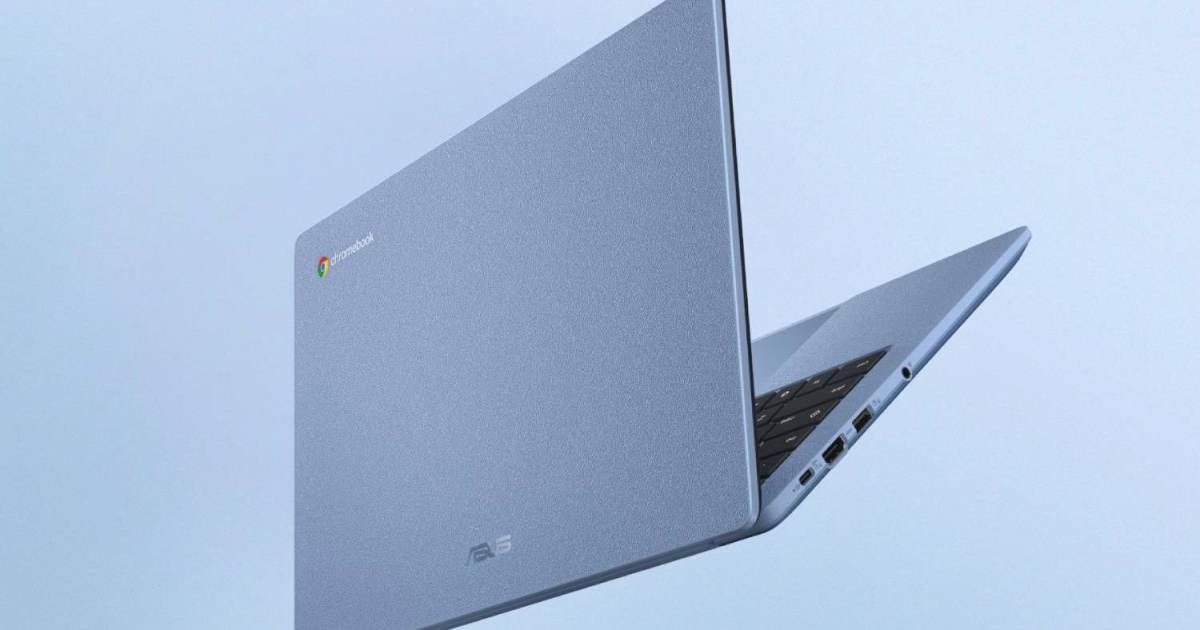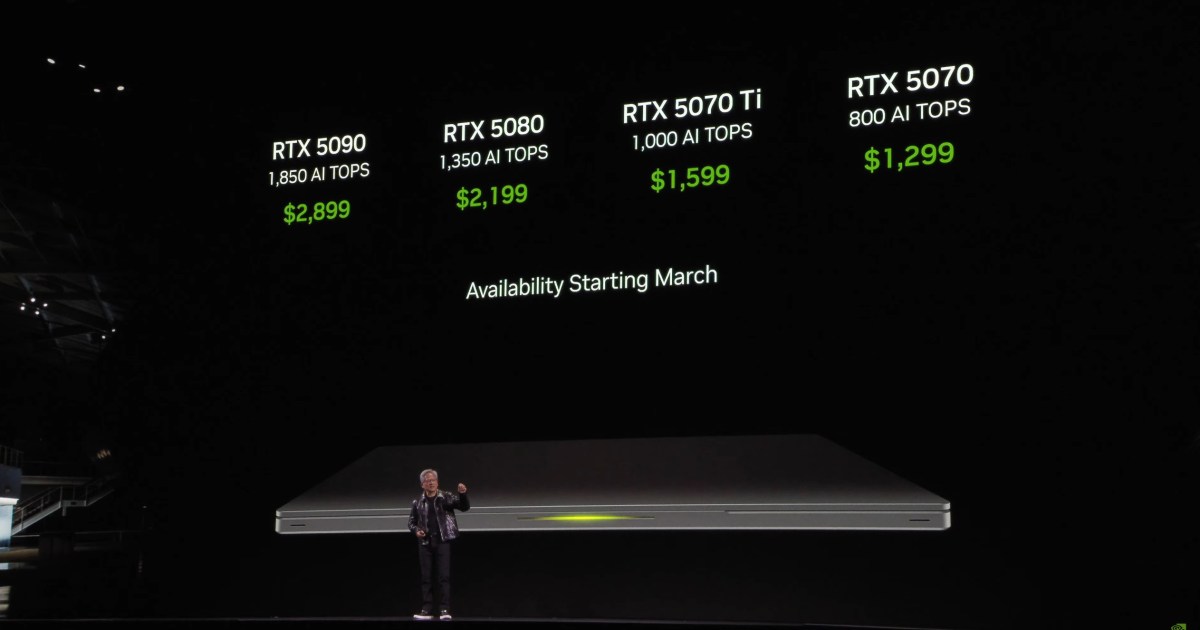The highly anticipated Nvidia RTX 50-series GPUs, including the powerful RTX 5090 and RTX 5080, are facing significant price hikes despite being some of the best graphics cards available. Indications from major manufacturers like MSI and Asus suggest these inflated prices are here to stay. Prepare to pay a premium if you’re hoping to snag one of these coveted cards.
Both MSI and Asus have officially increased the prices of their RTX 50-series models, with MSI eliminating all cards at the manufacturer’s suggested retail price (MSRP), according to a report by VideoCardz. While currently sold out everywhere, the listed prices on MSI and Asus’s websites offer a glimpse into the future cost of these graphics cards.
MSI’s most affordable RTX 5080, the Ventus model, is now listed at $1,140, a substantial increase from its original MSRP. Most other RTX 5080 models from MSI range from $1,300 to $1,500, marking a $300 to $500 price jump.
The RTX 5090 situation is similarly bleak. MSI’s cheapest RTX 5090 model is priced at $2,380, a $380 increase over MSRP, while other models exceed $2,580.
Asus offers one model, the Prime RTX 5080, at its original $1,000 MSRP, but it’s currently on sale (despite being out of stock) with an official price of $1,265. Their RTX 5090 models start at $2,750, with the high-end liquid-cooled ROG Astral model reaching a staggering $3,410.
These are not inflated retailer prices due to scarcity; these increases come directly from Nvidia’s board partners, signaling an official price hike.
Brace for High Prices in the Coming Years
Don’t expect to find an RTX 50-series GPU, especially the high-end models, at MSRP anytime soon. This pricing trend mirrors the RTX 40-series launch, where the RTX 4090 and even the RTX 4080 Super consistently sold hundreds of dollars above MSRP despite an official price reduction for the latter. Even now, finding an RTX 4080 Super at MSRP is nearly impossible.
This pattern will likely repeat with the RTX 5090 and RTX 5080. If you didn’t secure one at launch, your chances are slim. This isn’t solely due to high demand; rumors suggest the RTX 5090 might not be back in stock for four months. When it does return, expect another instant sell-out, albeit at higher prices.
Further complicating matters, there are no viable alternatives. AMD isn’t launching a flagship GPU this generation, and previous-generation Nvidia cards are largely unavailable.
Unless demand plummets unexpectedly, leaving retailers with unsold inventory—a highly unlikely scenario—prices are unlikely to decrease. If you missed the initial launch, prepare to save up or wait for the next generation.



